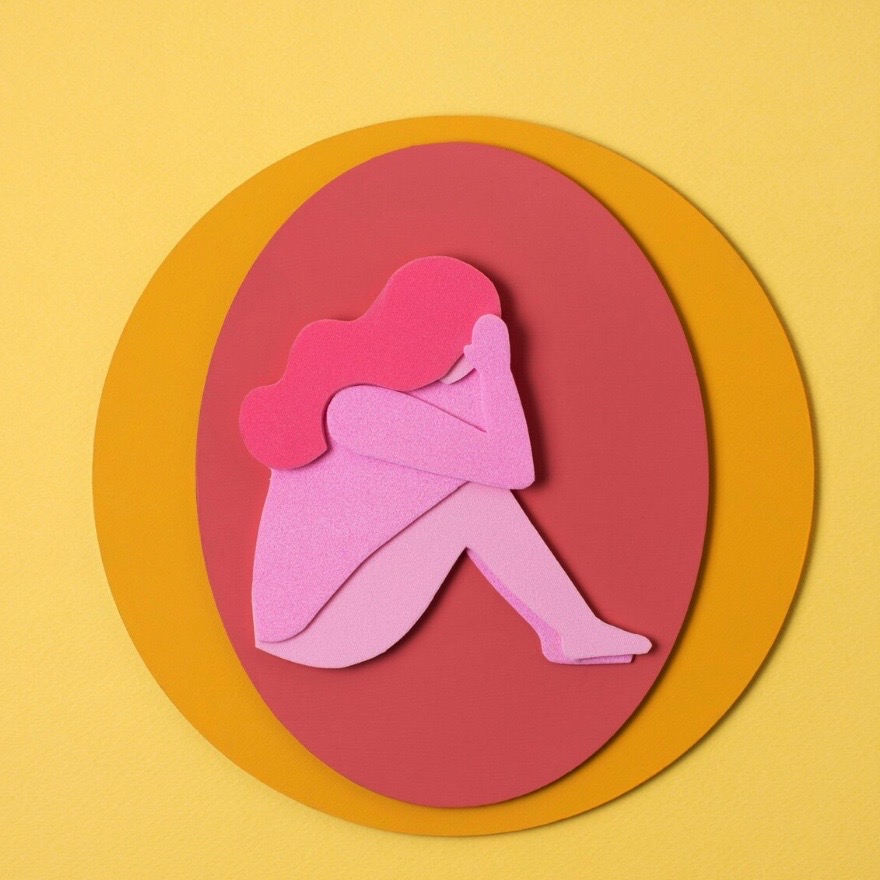Long-term efficacy and safety of a bioresorbable polycaprolactone-based injectable in female stress incontinence

All claims expressed in this article are solely those of the authors and do not necessarily represent those of their affiliated organizations, or those of the publisher, the editors and the reviewers. Any product that may be evaluated in this article or claim that may be made by its manufacturer is not guaranteed or endorsed by the publisher.
Accepted: 15 March 2024
Authors
A fully bioresorbable polycaprolactone (PCL)-based bulking agent was evaluated for safety and efficacy in female patients with mild to moderate stress urinary incontinence (SUI) who attempted and failed prior pelvic floor muscle training. A total of 44 adult female subjects with mild or moderate SUI (median age 60 and 57, respectively) were treated by transurethral sub-mucosal injection. Safety was evaluated at 6-, 12-, and 24-month follow-up visits. Efficacy was assessed at the same intervals with the Stamey grading system (SGS). SGS improvement was shown in both the mild and moderate SUI groups. At 24 months, most participants were continent: 78.1% in the mild SUI group and 66.7% in the moderate SUI group. All participants in the moderate SUI group showed an improvement in the SGS grade, and most participants were continent. The study shows that the PCL-based bioresorbable bulking agent treatment seems to be a safe and effective treatment option for women with mild to moderate SUI who attempted and failed prior pelvic floor exercises.
How to Cite

This work is licensed under a Creative Commons Attribution-NonCommercial 4.0 International License.






